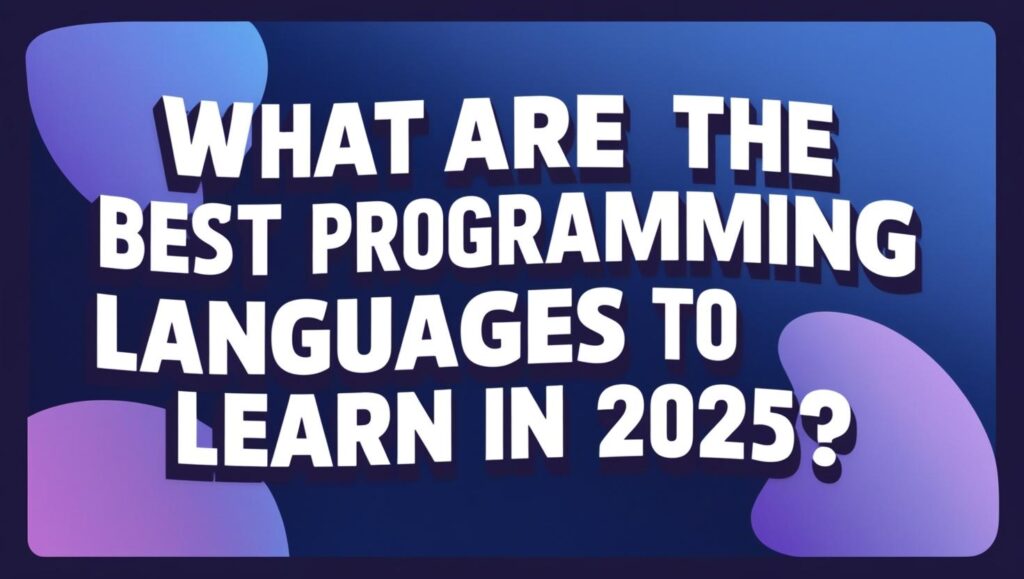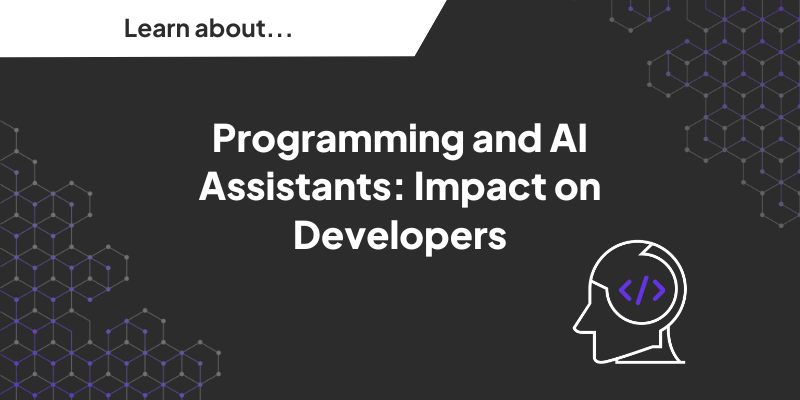1. Python
Why Learn Python?
- Versatility: Python is used in web development, data science, machine learning, artificial intelligence, automation, and more.
- Ease of Learning: Its simple syntax makes it beginner-friendly.
- Demand: With applications in cutting-edge fields like AI and ML, Python is highly sought after by employers.
Popular Frameworks and Libraries: Django, Flask, TensorFlow, PyTorch, Pandas.
2. JavaScript
Why Learn JavaScript?
- Web Development Dominance: Essential for front-end development and increasingly used for back-end with Node.js.
- Ecosystem: Rich frameworks like React, Angular, and Vue.js power modern web applications.
- Growing Demand: Full-stack development remains a hot job market.
Popular Frameworks: React, Angular, Vue.js, Node.js.
3. Go (Golang)
Why Learn Go?
- Performance: Combines the speed of C with ease of use.
- Concurrency: Designed for modern multi-core processors and cloud computing.
- Adoption: Popular among DevOps engineers and companies like Google.
4. Kotlin
Why Learn Kotlin?
- Android Development: Officially supported by Google for Android app development.
- Interoperability: Works seamlessly with Java.
- Conciseness: Cleaner syntax compared to Java, reducing boilerplate code.
5. Rust
Why Learn Rust?
- Safety: Focuses on memory safety, preventing common bugs.
- Performance: Compiles to machine code for high performance.
- Adoption: Increasingly used in system-level programming and web assembly.
6. TypeScript
Why Learn TypeScript?
- Enhances JavaScript: Adds type safety, making code easier to debug.
- Adoption: Used by large-scale applications for maintainability.
- Compatibility: Transpiles to JavaScript, so it runs everywhere JavaScript does.
7. C#
Why Learn C#?
- Game Development: Widely used with the Unity engine.
- Enterprise Applications: Supported by Microsoft, it’s popular for enterprise software and Windows apps.
- Versatility: Can be used for web, mobile, and desktop applications.
8. SQL
Why Learn SQL?
- Database Management: Essential for managing and querying databases.
- Demand Across Industries: Nearly every application involves data, and SQL is the standard language for databases.
- Simple to Learn: Easy syntax for beginners.
9. Swift
Why Learn Swift?
- iOS Development: The go-to language for Apple’s ecosystem.
- Growing Market: The demand for iOS developers remains high.
- Modern Features: Easy-to-read syntax and high performance.
10. Java
Why Learn Java?
- Stability: Used in large-scale applications and enterprise solutions.
- Android Development: A foundation language for Android apps.
- Versatility: Runs on nearly any platform via the JVM (Java Virtual Machine).
Emerging Languages to Watch
- Dart: For Flutter-based mobile app development.
- Julia: For numerical and scientific computing.
- R: For statistical computing and data analysis.
Conclusion
The best programming language for you depends on your career goals and interests. Python and JavaScript remain top choices for their versatility, while Go and Rust cater to specialized fields. Whether you’re diving into web development, data science, or app creation, these languages will keep you ahead of the curve in 2025.



